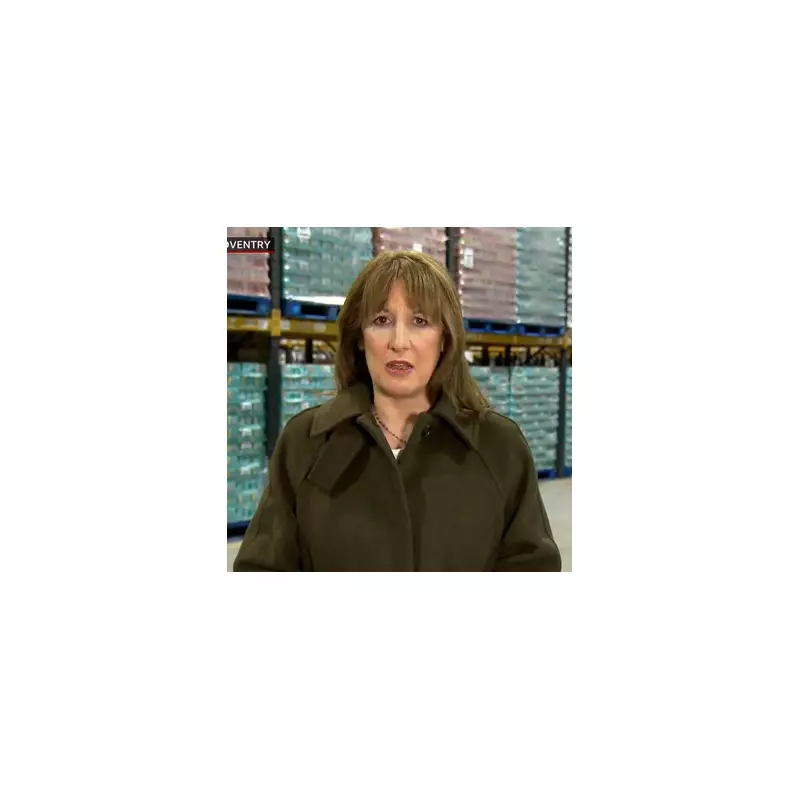
Chancellor Rachel Reeves has announced a significant extension to the freeze on income tax thresholds, pushing the deadline from 2028 to April 2031 in a move that will generate substantial revenue for the Treasury while impacting millions of British taxpayers.
The Three-Year Extension Explained
The surprise decision means that income tax bands will remain unchanged for an additional three years beyond the previously planned 2028 freeze. The personal allowance will stay at £12,570, the higher-rate threshold at £50,270, and the additional rate threshold at £125,140 until the 2030-31 tax year.
This extension is projected to raise £7.6 billion in additional revenue for the Government by the 2029-30 tax year. When combined with the freeze on National Insurance Contribution thresholds, the total revenue climbs to an impressive £8.3 billion.
Impact on Workers and Fiscal Drag
The Institute for Fiscal Studies has highlighted that this extension will significantly increase the effects of fiscal drag, where taxpayers are pulled into higher tax brackets simply through wage inflation rather than genuine increases in purchasing power.
According to IFS analysis, a full-time worker on minimum wage could pay an extra £759 annually in tax by 2030 due to the persistent freezes. The two-year extension alone could add nearly £140 to their yearly tax burden.
The Office for Budget Responsibility projects that by 2029-30, the freeze will result in 780,000 additional people paying income tax for the first time, while 920,000 more taxpayers will be dragged into the higher 40% rate. An additional 4,000 people will enter the top 45% tax bracket.
Political Fallout and Defence
Chancellor Reeves faced tough questioning about her decision, particularly given Labour's manifesto promise not to raise taxes on working people. When challenged by BBC's Nick Robinson that she "didn't tell people the truth", Reeves acknowledged that the move "does mean people paying a little more".
However, she defended the policy as making "fair and necessary choices" and pointed to compensatory measures including freezing train fares, reducing energy bills by £150, and extending free childcare and school meals.
Martin Lewis, the money saving expert, characterised the measure as a stealth tax, explaining that "if you freeze a threshold because average earnings and inflation goes up, so people are earning more and the threshold stays the same, a bigger proportion of your income is paid in tax".
Broader Implications
The Resolution Foundation noted that the Chancellor has prolonged "Britain's biggest stealth tax rise", while the IFS suggested that a one percentage point increase in all income tax rates would have raised similar revenue while being more progressive.
By choosing threshold freezes rather than rate increases, the Chancellor may have technically avoided breaking manifesto commitments, but the financial impact on households remains substantial. The freezing of all personal tax allowances and thresholds is expected to have generated £67 billion for the Exchequer by the end of the decade.





